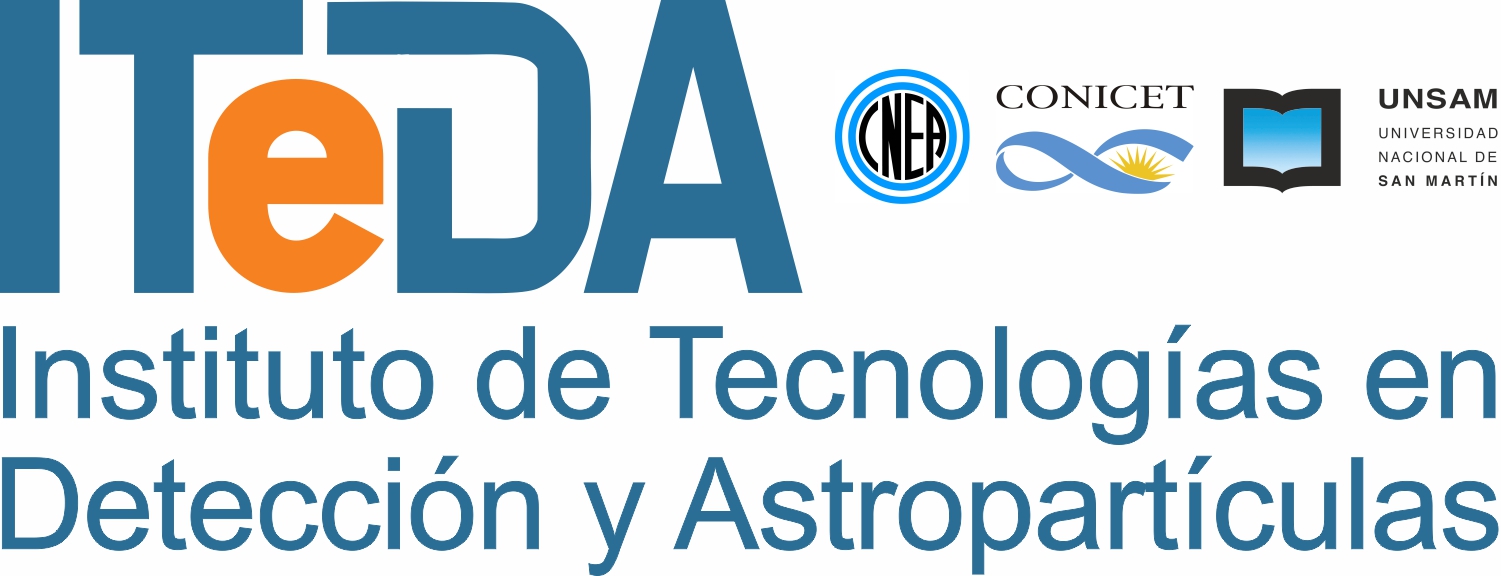Se realiza la primera reunión del año de la Colaboración Internacional del Observatorio Pierre Auger. Desde el 14 y hasta el 19 de abril científicos/as, ingenieros/as y técnicos/as de 18 países, que forman parte del Observatorio Pierre Auger, comparten investigaciones, informes de gestión y novedades del proyecto. Estas reuniones se realizan dos veces al año, de manera presencial y online, y las disertaciones se desarrollan en el Centro de Congresos y Convenciones Thesaurus de Malargüe.
Se oficializa que ya se cubrió la vacante a la beca. El Observatorio QUBIC hace el llamado para una beca de doctorado en Astrofísica. Universidad de San Martín (Argentina), en cotutela con Universidad de Harvard (USA). Requisitos: Los candidatos deben tener un título en astronomía o física al momento de realizar la beca. Más información aquí Contactos: Dr. Alberto Etchegoyen, ITeDA, , Dra. Cora Dvorkin, University of Harvard,
En días pasados se realizó en el Auditorio Tanque la reunión de la Alianza Estratégica entre la UNSAM y la Karlsruhe Institute of Technology, una de las mayores universidades alemanas. Se recibieron 12 científicos del @kitkarlsruhe para analizar el programa implementado en conjunto por ambas instituciones y plantear las perspectivas futuras. A su vez, participan en las exposiciones 20 investigadorxs UNSAM. Desde 2018, cuando se realizó la primera visita a cargo de 23 miembros del KIT, hasta hoy, ambas instituciones trabajan conjuntamente en múltiples proyectos de investigación aplicados a diversas ramas. El KIT reúne a más de 6000 científicxs y profesores junto con 26 mil estudiantes. Esta institución forma parte de la Asociación Helmholz , una prestigiosa organización científica integrada por los más destacados centros de investigación de Alemania. Ir a Instagram
El Centro Atómico Constituyentes (CAC) abrió sus puertas para visitar los laboratorios e instalaciones de uno de los polos científicos más importantes del país y la región. La jornada CAC Abierto 2023 se llevó a cabo el sábado 28 de octubre de 12:30 a 18 hs. Se organizó en siete circuitos y una EXPOSICIÓN ABIERTA con acceso libre en la que estuvo presente ITeDA con una muestra de los proyectos en los que está involucrado. Ir a instagram.
Muestra interactiva de divulgación de la ciencia y la tecnología,
El Instituto participó, una vez más, de la megamuestra de ciencia, tecnología, industria y arte, TECNÓPOLIS, en Buenos Aires, Argentina.
